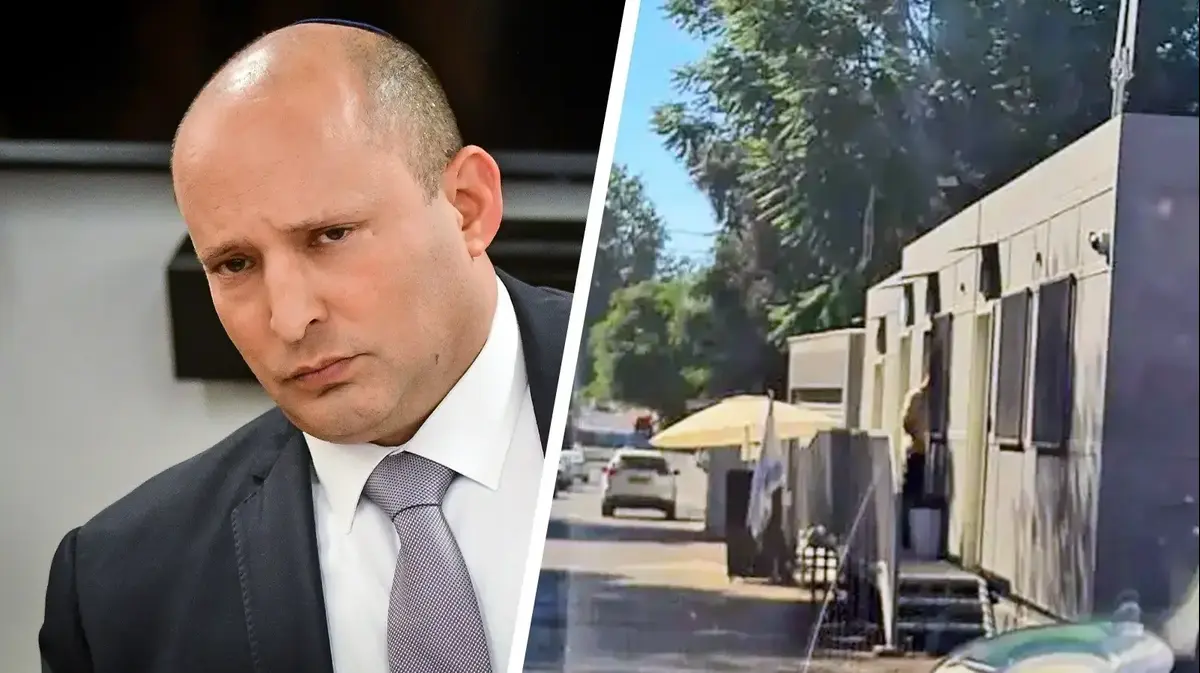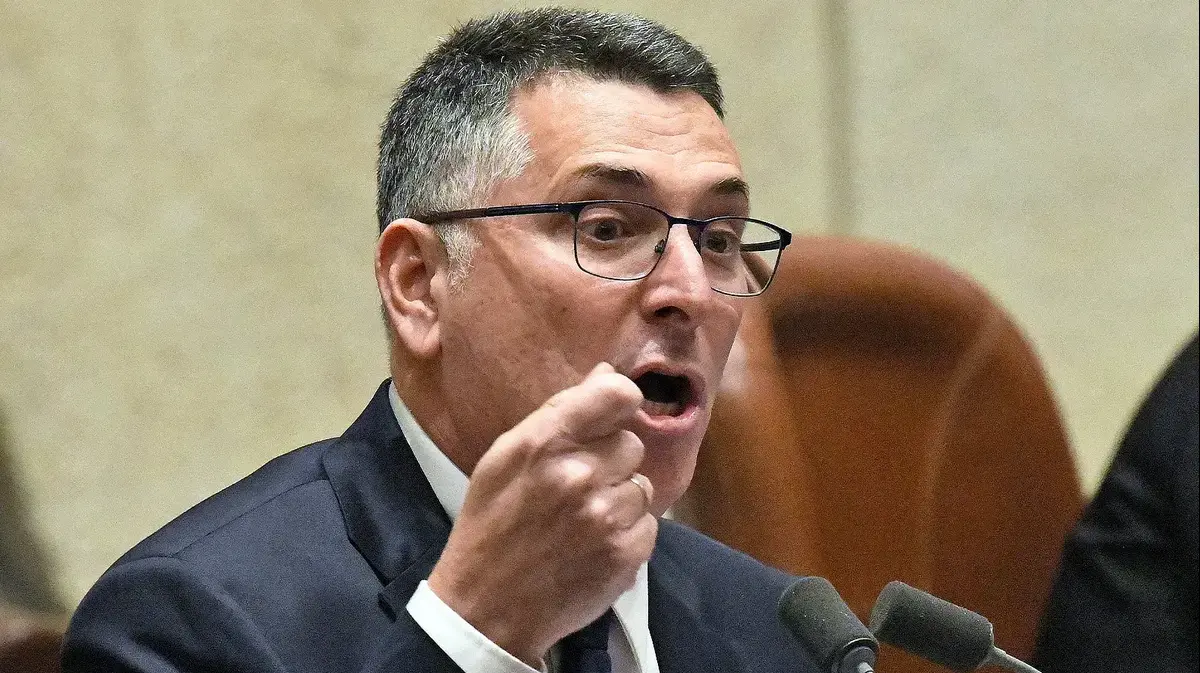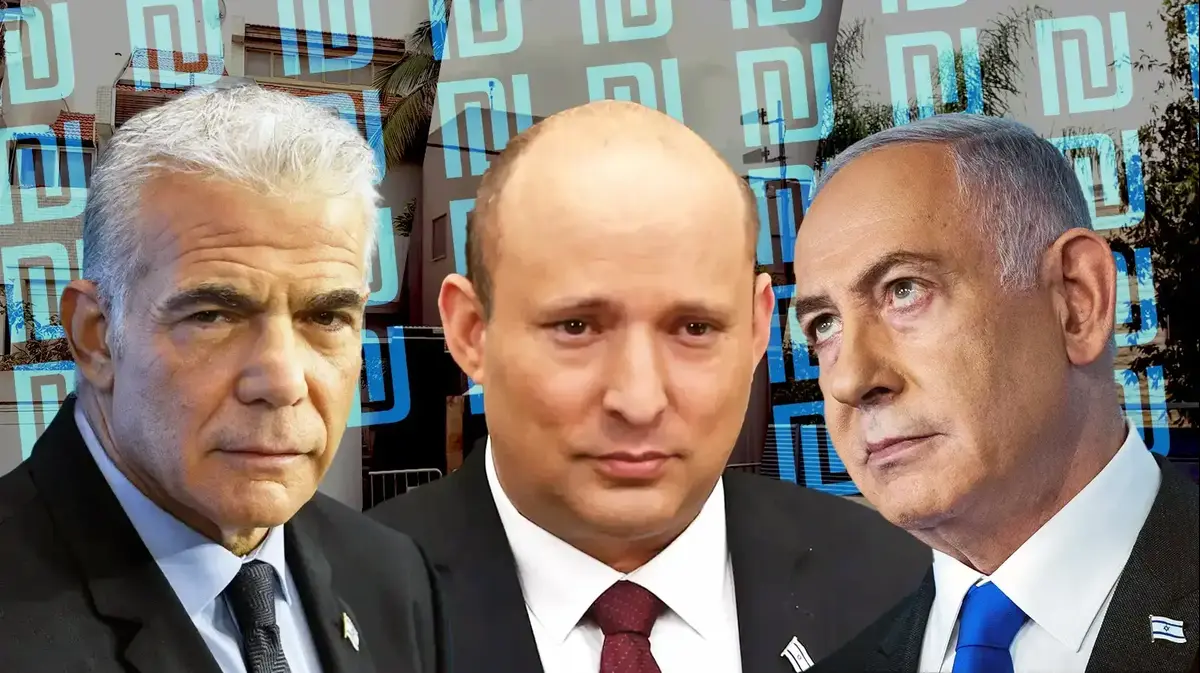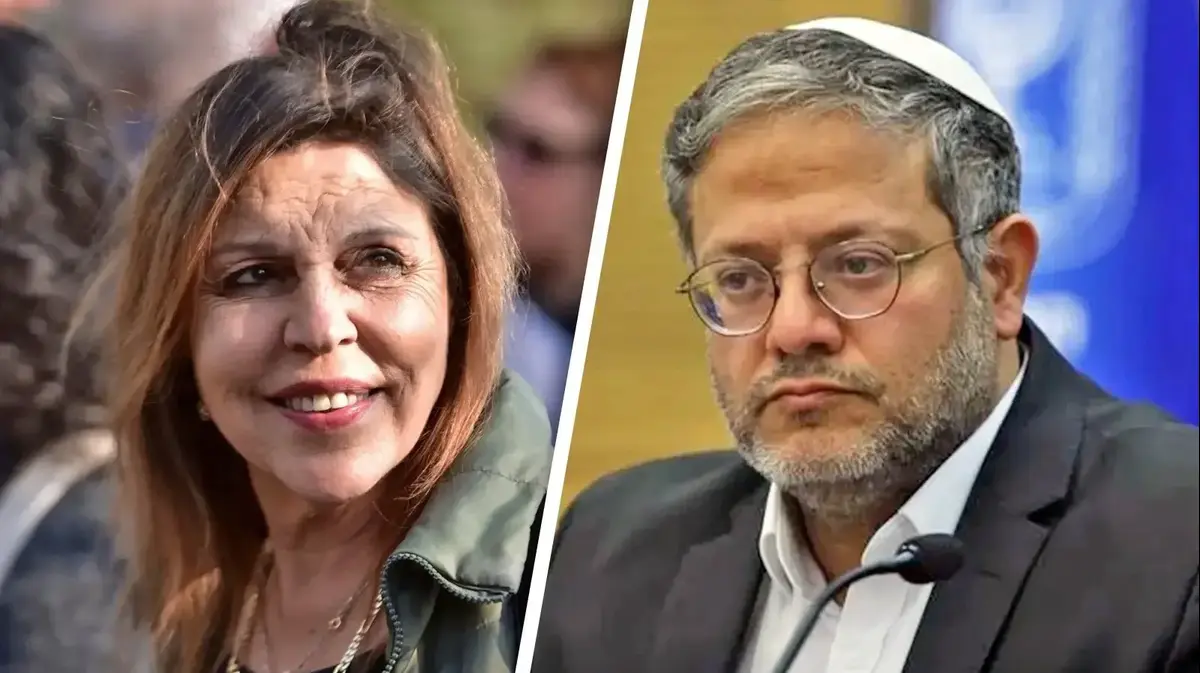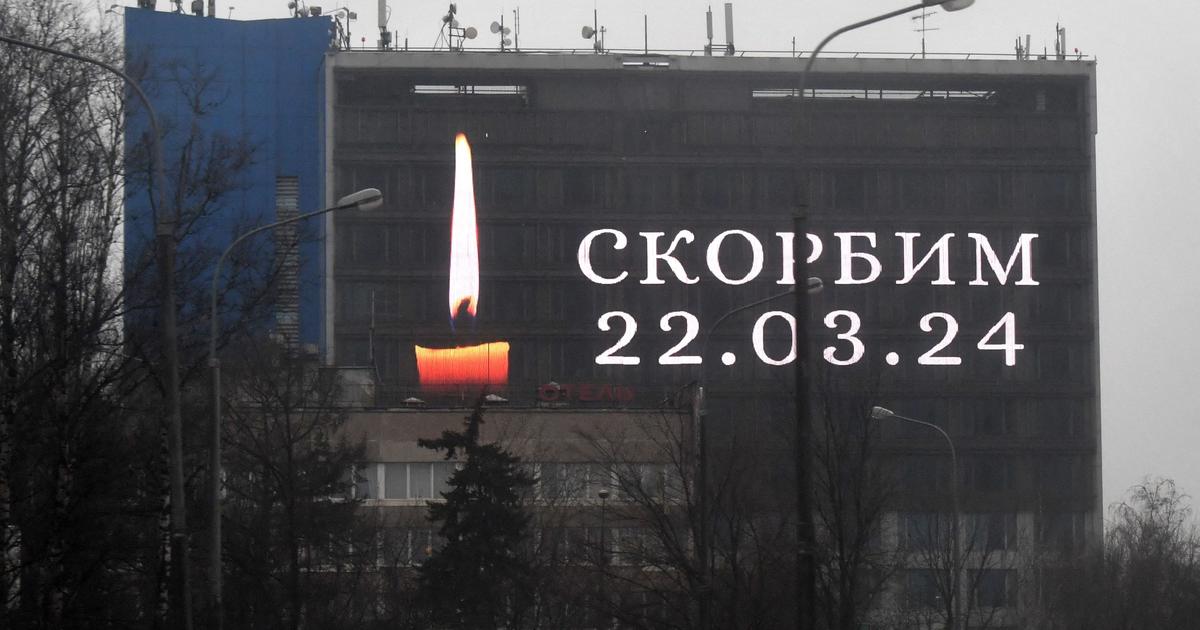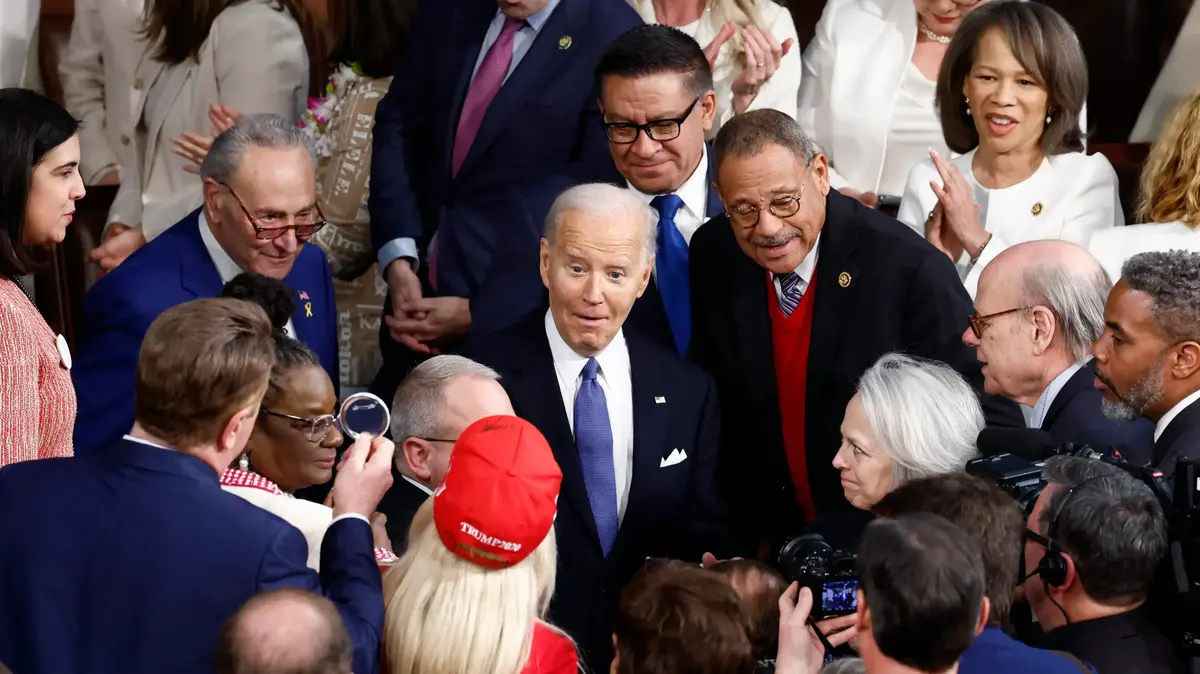Enlarge image
Israeli Prime Minister Naftali Bennett at a ceremony for his predecessor Itzhak Rabin, who was assassinated in 1995
Photo: POOL / REUTERS
A lot will be at stake for Israeli Prime Minister Naftali Bennett when he meets Vladimir Putin in Sochi on the Black Sea on Friday.
The Russian President has invited the new Israeli head of government to his holiday home for a first meeting.
You want to get to know each other, check whether the chemistry is right.
Bennett only travels with a small delegation.
First and foremost, the two heads of government want to speak to each other alone.
In the war in Syria, Israel and Russia had to start coordinating
For many years, Israel's ex-prime minister Benjamin Netanyahu claimed that he was the only one who had the experience and ability to talk to Putin on an equal footing. Indeed, Netanyahu achieved a unique cooperation with Moscow. When the Russians intervened in the Syrian civil war with their own troops from 2015, an agreement between Jerusalem and Moscow became urgently necessary. The Russians have been fighting alongside President Bashar al-Assad since then, as has Iran.
The regime in Tehran is not just concerned with Assad, however. Iranian troops, advisors and deputy militias such as the Shiite Hezbollah are trying to expand and expand their military positions in Syria in order to gain strategic advantages in the fight against Israel. Some Iranian positions are only 80 km from the Israeli border. For years, the Israeli Air Force has been flying hundreds of missions against such positions across Syria or bombing convoys with arms and missile deliveries to Hezbollah.
In order to be able to do this unhindered, Netanyahu had set up a communication system between the two armies with Putin in order to avoid misunderstandings.
Otherwise, this could lead to diplomatic tensions or even a military confrontation between Russia and Israel.
For years, Putin allowed Israel to do their thing in Syria, Netanyahu guaranteed not to affect Russian troops and interests.
Lately there have been repeated tensions between the two countries
In the recent past, however, there have been frequent frictions, and for the Russians, the Israelis' actions gradually went too far after targets near Russian troops were bombed.
Putin left high-end anti-missile defense systems to the Syrians to make life difficult for the Israeli air force.
Again and again there are reports that Russian defense missiles intercepted Israel's missiles during attacks, most recently 22 of 24 missiles were said to have been destroyed in an Israeli air strike in August.
It is questionable whether these reports are true.
As a matter of principle, Israel does not comment on the success or failure of such operations.
Recently, however, two other events have angered the Kremlin.
The Israeli attack on Madhat Salah, a Syrian MP who spent twelve years in Israeli prisons and a close confidante of President Assad.
An Israeli sniper killed him because he was allegedly trying to set up terror structures with the help of Iran on the border with Israel.
The second incident was an air strike by Israel on the Syrian-Iraqi-Jordanian border.
The goal was a phosphate ore factory.
Uranium can be produced from the ore.
Russia's Admiral Vadim Kulit said in Russian media that the Syrians had refrained from attacking the Israeli F-16 jets because a civilian aircraft was said to have been nearby.
Israel needs Putin's support in the fight against Tehran's nuclear ambitions
Bennett urgently needs the planned one-on-one conversation with Putin. Because he has to show his people at home that he is at least as capable of talking to Russia's strong man on an equal footing as Netanyahu. And he needs Putin's support in Israel's fight against Tehran's nuclear ambitions. Moscow should be aware that it has no power to stop Israel's air strikes in Syria. Nevertheless, it is important to come to an understanding and continue to work together in a good atmosphere so that both sides benefit and Russia does not lose face when Israel operates in Syrian airspace.
But there is more to it than that. The Russians want Iran and the US to return to the nuclear deal with Iran, known as the JCPOA. The new Iranian President Ebrahim Raisi, a hardliner, does not show his cards. It is said from Tehran that the talks will be resumed soon. But it is clear to everyone: The Iranian regime is playing for time. It is further expanding its uranium enrichment and is working intensively on other elements that are necessary for the manufacture of an atomic bomb. Iran could soon be a real emerging nuclear country and would therefore have an ideal starting position from its own point of view for negotiations with the USA - if it came to that.
While Israel is primarily concerned about uranium enrichment and the expansion of the Shiite regime's sphere of influence, Moscow is working behind the scenes to get Tehran to allow the IAEA's inspections and control cameras to continue.
Israel wants to prevent an Iranian bomb, Russia just wants to know when Iran has the bomb.
Bennett needs the success of this trip
Bennett will therefore have to make it clear to Putin that Israel is determined to do everything even under his government. He still needs a free hand in Syria. Bennett will have to make it clear to the Russian President in Sochi that he can enforce Israel's security interests with great power, even if he is still a relatively inexperienced prime minister. He could signal to Putin that he would prefer to do this in coordination with Moscow - but if necessary also against Putin's will.
So Bennett's mission is delicate.
He could use a foreign policy success to stabilize his position and that of the new government.
As the head of the opposition, ex-prime minister Benjamin Netanyahu is waiting for every mistake to drive Bennett out of office as quickly as possible.
So if the chemistry between Bennett and Putin was right, if the two politicians found a common denominator, that would be an important stabilizing factor for the Bennett administration.
And an important factor in Israel's strategic interests.


